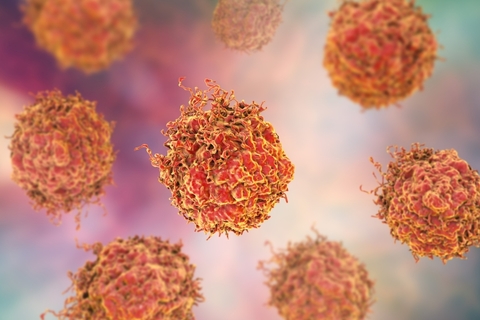
Only a quarter of trials looked at use overall survival as a primary endpoint. (Penn Medicine)
Trials for cancer drugs undertaken in Europe in the mid-2010s were flawed to such a degree as to “raise questions” over their true benefits to patients, according to a new report out this week from British science journal the BMJ.
Bias in clinical trials is nothing new and something most biopharmas and CROs will try and filter out: However, the demands of successful trial results and accompanying papers to help boost company’s shares/prospects are high and often, while the standards of studies of getting an oncology treatment are not always on the same level.
In a new research looking at pivotal trials for new cancer drugs approved by the EMA between 2014 and 2016, the report’s authors found around half of these trials “were judged to be at high-risk of bias, which indicates that treatment effects might have been exaggerated.”
The authors said the findings “add weight to existing research that raises serious concerns about low standards of evidence supporting new cancer drugs, and highlight the need to improve the design, conduct, analysis, and reporting of cancer drug trials.”
During 2014 to 2016, the EMA gave the green light to 32 new cancer drugs, with the data coming from 54 studies. Of these, the authors found that 41 (76%) were randomized controlled trials, while 39 had available publications and were therefore included in the study.
But only a quarter (10 trials) measured overall survival (OS) as a primary endpoint, the golden standard in oncology studies (plus the hardest to achieve) and, predominately, what a patient and doctor would want from a cancer drug.
The remaining 29 trials (74%) evaluated indirect (so-called surrogate) measures of clinical benefit, which the authors note “do not always reliably predict whether a patient will live longer or have a better quality of life.”
Overall, 19 trials (49%) were judged by the authors to be at high-risk of bias because of deficits in their design, conduct, or analysis. Meanwhile, those that looked at OS had a “lower risk of bias than those that evaluated surrogate measures of clinical benefit,” the authors said.
In a linked editorial, the Australian-based researchers argue that "uncertainty and exaggeration" of the evidence that supports approval of cancer drugs “causes direct harm if patients risk severe or fatal adverse effects without likely benefit, or forgo more effective and safer treatments.”
This study shows that trial evidence alone is not enough, they write in the editorial. “Quality assessment of that evidence is also needed to ensure that these trials accurately estimate treatment effects,” they conclude.
